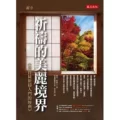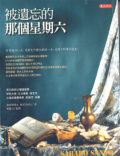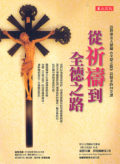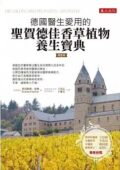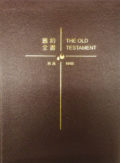This Suffering Is My Joy: The Underground Church in Eighteenth-Century China (精裝)
NT$2,400
作者 :D. E. Mungello
定價 : 2400元
尺寸 : 16.1 x 22.81 公分
出版日期 : 2021.03
出版社 : Rowman & Littlefield Publishers (29 3 月 2021)
- 描述
描述
編輯評論
Review
Over decades, D. E. Mungello has made a name for himself as an accomplished author and meticulous historian. This new work is no exception, drawing on important archival collections and dealing with representations of European Catholic missionaries in late imperial China. Focusing on Matteo Ripa and the Christian Chinese community leaders in his entourage, Mungello addresses the historically difficult topic of indigenization within the Catholic clergy during the premodern era. His book thus portrays a world in flux, where the certainties of the past—both Confucian and European—were beginning to give way to new insights.
— Lars Peter Laamann, SOAS University of London
This erudite history provides essential new insight into how Chinese priests and lay catechists preserved the Catholic Church when it was forbidden, in the eighteenth and nineteenth centuries. They lived a martyrdom overlooked until Mungello’s elegant portrait, based poignantly on diaries written in Latin to avoid detection by hostile local officials. This Suffering Is My Joy is a pearl of a book.
— Victor Gaetan, author of God’s Diplomats: Pope Francis, Vatican Diplomacy, and America’s Armageddon
David Mungello concludes his cavalcade across three centuries by telling us that ‘the history of the underground church of the eighteenth century is deeply relevant to understanding church-state relations in China today.’ This emblematic story, in fact, goes beyond the experience of one single church. The operative word here is ‘underground,’ a way for many local communities to go undetected, survive, and resist state authorities and dominant orthodoxies over the course of Chinese imperial and modern history. Even today, underground cultures within religion, the arts, literature, politics, and ethnic and sexual groups continue to offer spaces of expression that represent another China. It is a China to be celebrated, not hidden, policed, and shamed by power, as much yesterday as today.
— Eugenio Menegon, Boston University





